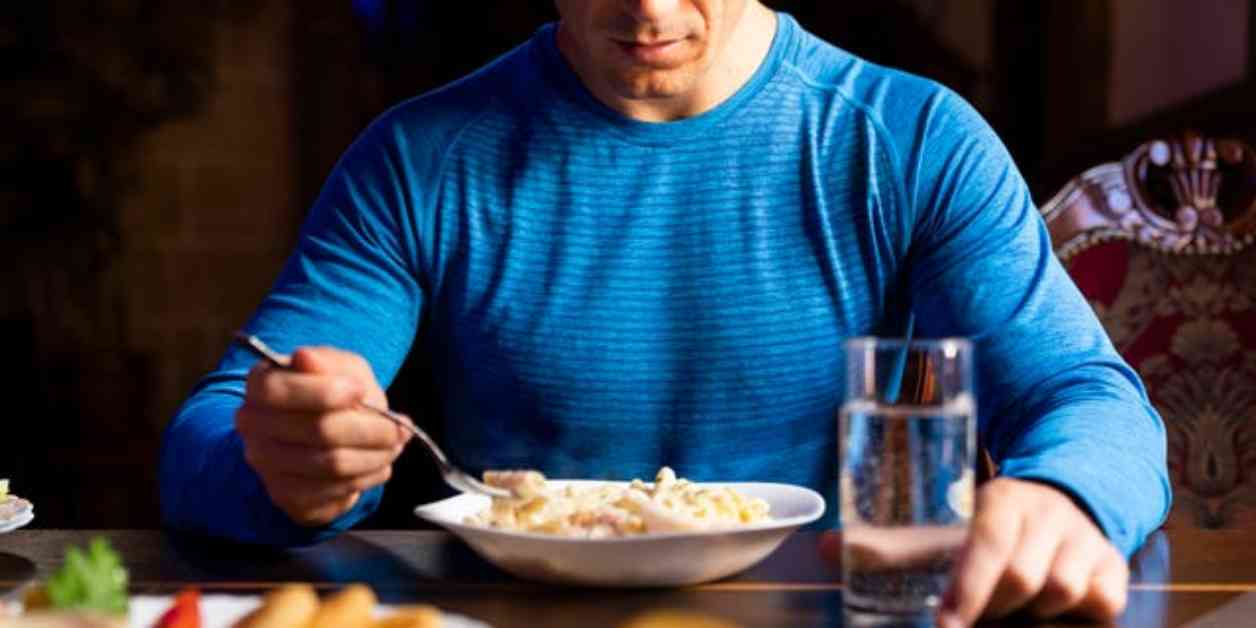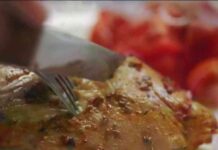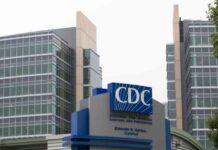After a meal, it is not uncommon to experience a coughing fit from swallowing food or liquid the wrong way. Generally, this passes within a few minutes. However, if you find yourself consistently coughing after eating, it could be a sign of a more serious underlying medical issue. According to Youngnan Jenny Cho, M.D., an otolaryngologist in New York City, coughing after eating is the body’s way of clearing the airways in response to an irritant. Dr. Cho explains that the throat momentarily closes, leading to air pressure building up in the chest. Once the larynx opens, a gust of air is released, carrying away any mucus or irritant. While occasional throat clearing or coughing after eating is usually not concerning, frequent coughing after meals or even after drinking water should prompt a visit to the doctor, as emphasized by Joseph James Jennings, M.D., a gastroenterologist at MedStar Health in Washington, D.C. It’s essential to pay attention to other symptoms that accompany coughing after eating, such as changes in voice or difficulty swallowing.
### Common Causes of Coughing After Eating
#### Acid Reflux or GERD
One of the most common reasons for coughing after eating is acid reflux or gastroesophageal reflux disease (GERD). When stomach contents flow back up the esophagus, it irritates the pharynx and larynx, leading to a dry cough or throat clearing. Dr. Jennings explains that even a small amount of reflux can be very irritating to the throat, triggering coughing as the body attempts to expel the irritant. Chronic acid reflux can result in GERD, which is characterized by symptoms like a sore throat, excess mucus, and chronic throat clearing. Research indicates that approximately 25% of chronic cough cases are linked to GERD. Treatment options include over-the-counter acid suppression medications like Nexium or Prevacid, or stronger prescriptions as recommended by a physician. In severe cases, antireflux surgery may be necessary to address the issue and prevent complications like chronic bronchitis or pneumonia.
#### Food Choices
Certain foods and beverages can exacerbate acid reflux or trigger coughing after eating. Dr. Schnoll-Sussman advises avoiding items that can decrease the tone of the lower esophageal sphincter, such as caffeinated beverages, tomato-based products, and citrus foods. Fizzy drinks can also lead to burping, bringing up acid into the throat and causing irritation that prompts coughing. By being mindful of food choices and steering clear of potential triggers, individuals can reduce the likelihood of experiencing coughing after meals.
#### Allergies
Allergies, including food allergies or post-nasal drip, can also contribute to coughing after eating. Food allergies may manifest as wheezing, coughing, nasal congestion, or other symptoms. Dr. Cho notes that while allergies can cause throat irritation and itching, they typically present with additional symptoms like abdominal discomfort or bloating. To identify potential food allergies, individuals can eliminate suspected food groups from their diet for a period and monitor symptom improvement. Allergy testing can also help pinpoint specific allergens that may be triggering coughing episodes.
### Additional Factors Leading to Coughing After Eating
#### Respiratory Infections
Upper respiratory infections can result in persistent coughing, which may be more noticeable after meals. Symptoms like hoarseness, fever, sore throat, and fatigue often accompany respiratory infections. While these infections usually resolve within a few weeks, persistent symptoms warrant medical attention to rule out any complications or underlying conditions.
#### Asthma
Individuals with asthma may experience coughing after eating due to post-nasal drip or heartburn that irritates the larynx. Certain foods and drinks, including those containing sulfites or food additives, can trigger asthma symptoms and lead to coughing episodes. Managing asthma effectively through medication and avoiding triggers can help reduce coughing after meals.
#### Aspiration
Aspiration, where food or liquids enter the airway instead of the esophagus, can result in coughing. While minor instances of aspiration are common, persistent difficulty in clearing the airway may lead to aspiration pneumonia, causing symptoms like coughing, wheezing, and shortness of breath. Treatment for aspiration pneumonia may involve antibiotics or respiratory support, depending on the severity of the condition.
#### Swallowing Issues
Dysphagia, a condition characterized by difficulty or pain while swallowing, can also contribute to coughing after eating. Acid reflux or GERD may exacerbate dysphagia symptoms, leading to coughing or gagging during swallowing. Treatment options for dysphagia range from exercises to surgical interventions, aimed at improving swallowing function and reducing associated symptoms.
### Managing Coughing After Eating
If coughing after eating is a new or worsening symptom, seeking medical evaluation is crucial to rule out any serious underlying conditions. Dr. Cho recommends making an appointment with a healthcare provider to address persistent coughing episodes and identify potential triggers. Additionally, adopting lifestyle modifications such as eating in an upright position, chewing food thoroughly, and avoiding lying down immediately after meals can help prevent reflux and reduce coughing. Tracking foods that seem to trigger coughing episodes and staying consistent with allergy, GERD, or acid reflux treatments are essential for managing coughing after eating effectively.
In conclusion, while occasional coughing after eating is normal, persistent or worsening symptoms should not be ignored. By understanding the common causes of post-meal coughing and implementing appropriate management strategies, individuals can alleviate discomfort and improve their overall quality of life. Remember, consulting a healthcare professional for personalized advice and treatment recommendations is always recommended for persistent or concerning symptoms.


















